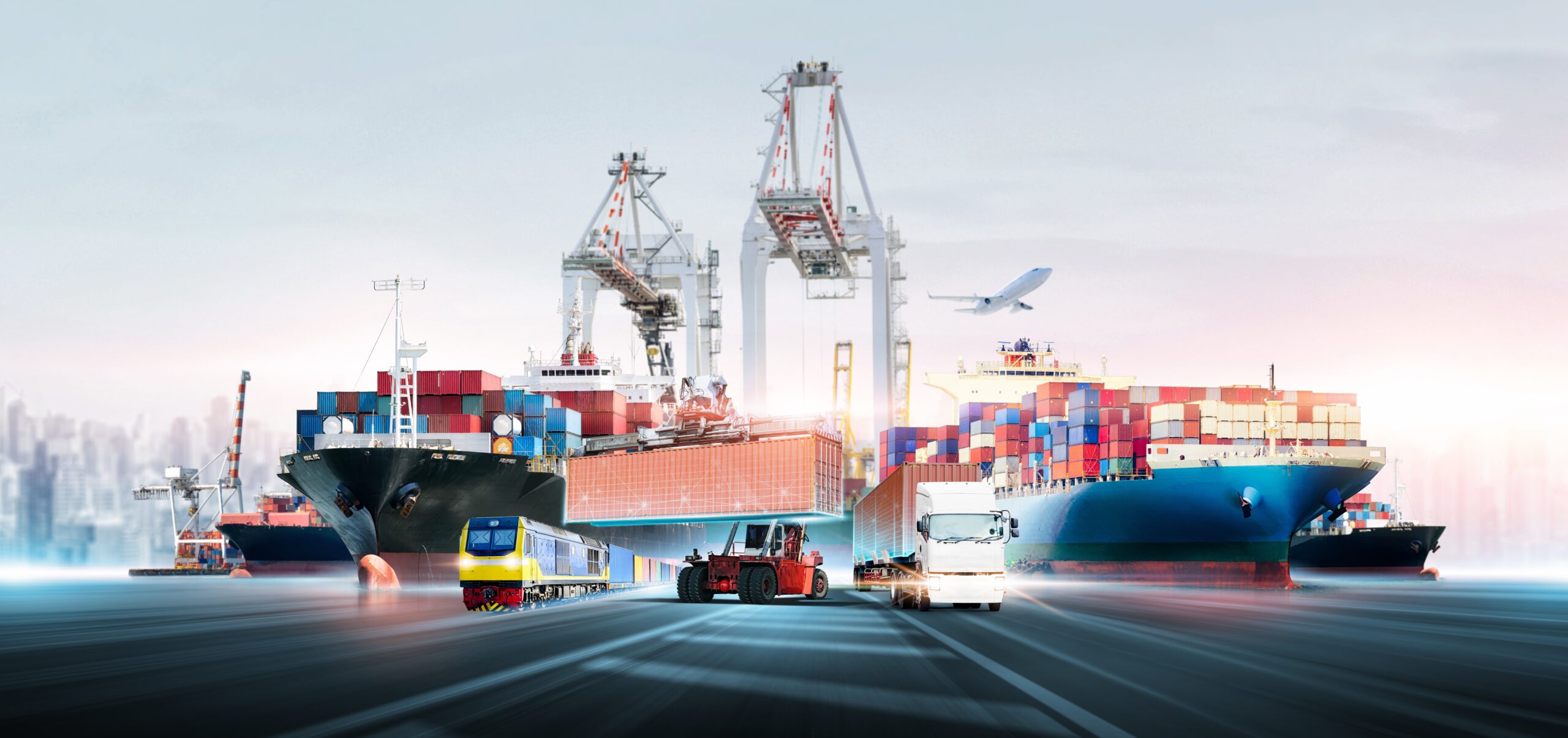
In today’s interconnected world, international trade policies are profoundly influenced by political relations between countries. Geopolitical changes, such as changes in global alliances, conflicts, sanctions and leadership transfer, have a greater role in shaping how goods, services and technologies move around the borders. These shifts make the nations reconsider as rapidly changing commercial partnerships, revising regulations, and adapting to a rapidly changing global perspective.
Also Read: The Future of Global Supply Chains: International Trade Transforming Trend
The emergence of protectionism and national interests
Over the past decade, a significant increase in supportive policies has occurred. Countries are increasingly prioritizing domestic industries and local economies, which sometimes reach the cost of free trade. This change is made by political and economic goals, including job support, national security concerns, and strategic independence.
For example, trade wars and tariff battles between large economies show how political tensions can quickly become limited trade policies. As a result, companies involved in global trade are often faced with sudden surveillance changes, increased costs and new requirements.
Regional alliances and commercial blocks
Another trend affected by geopolitical dynamics is the formation or strengthening of regional trade blocks. Countries with common political or economic interests come together to create more secure and predictable business environments. These alliances are aimed at reducing dependence on distant or unstable political partners.
Agreements such as RCEP and EU trade policies show how regional cooperation in world trade is more important. These blocks help member states to negotiate as a group, set integrated standards, and simplify customs practices. However, they can also create new differences by depriving out of countries outside the agreement and create more global trade prospects.
The impact of global conflicts and sanctions
Geopolitical conflicts and tensions can significantly disrupt the flow of trade. War, internal unrest, and sanctions imposed by world powers can cut off trade routes, limit access to critical raw materials, or prohibit specific exports in general. Recent clashes in Eastern Europe and the Middle East have shown that due to geopolitical instability, global supply chains can be quickly disrupted.
In many cases, governments impose trade restrictions or sanctions to pressure countries or enforce international law. While these measures may serve political goals, they often lead to long -term consequences for jobs and economies, especially in sectors such as energy, technology and agriculture.
Technology and strategic independence
Another major impact on international trade policy is the increasing concern over the transfer of technology and digital sovereignty. Countries are increasingly cautious about where their technology infrastructure comes from, especially in areas such as 5G, Internet of things (IoT), artificial intelligence and semiconductor. This concern is not only about security but also about controlling control over digital ecosystems.
As a result, governments provide more accurate export control over sensitive technologies and high investment in local innovation. This trend reflects a wider effort to achieve strategic independence, where countries reduce their dependence on foreign technologies that can be affected by geopolitical stresses.
Change of supply chains and commercial diversity
One of the most practical effects of geopolitical changes is the re -configuration of global supply chains. Companies are far from highly concentrated production models, which are vulnerable to political disorder, epidemic and commercial restrictions. Instead, they invest in the diversification of suppliers, invest in close strategies or re -form, and the choice of business routes that correspond to the desired political climates.
These settings are not just a reaction but become long -term strategies. Countries also encourage these changes by providing incentives for domestic production and creating new business partnerships that are in line with the current geopolitical interests.
Scrutinum in the uncertain future
The more complicated the global political perspective, the nature of international trade will be. Jobs, governments and international organizations must cooperate while maintaining economic growth. Transparent communications, flexible business agreements, and investment in flexible infrastructure will be essential for navigation in this uncertainty.
International trade policy is no longer only related to the economy, but it is deeply tied to national security, technological leadership and political alliances. This dynamic change requires a thoughtful and consistent approach to ensure that global trade is a period of strong geopolitical transformation.
End
Geopolitical changes are reconciling how nations interact in business. From regional alliances and support to technological rule and supply chain diversity, these changes affect all aspects of international trade policy. For competition and security in this new environment, governments and jobs must be aware, consistent and ready to respond to the real world -renowned realities.
